Participatory Budgeting: Real Money, Real Power | Cityscapes Insights Series
This insight piece, written by an NGIN advisor, is based on sessions led by speakers from various organizations at the Cityscapes Summit 2024.
Written by Mari Kate Mycek, Ph. D.
The Participatory Budgeting Project defines participatory budgeting as, “A democratic process in which community members decide how to spend part of a public budget. It gives people real power over real money.” While there are many applications of this democracy driven framework, they all center the community and their decision-making power.
I attended an informative and interactive session titled, “Participatory Budgeting: Real Money, Real Power” by Anita Dos Santos and Kayla Knight at New Growth Innovation Network’s Cityscapes Summit and the most important thing I learned during this workshop is the seemingly limitless applications of this incredible framework. During the workshop, we learned about the actual process of taking the idea of participatory budgeting from the spark of an idea to the final step of seeing the budget applied in the ways the community voted to employ.
Fallon Thompson, the Senior Budget Engagement Analyst for the City of Durham, joined to share firsthand experience how the city of Durham has engaged in participatory budgeting in the last few years. I was most familiar with using participatory budgeting in local government decision making, yet I learned this process can and has been employed for budgets related to foundations and nonprofit budgets, discretionary funds of elected officials, school district and university budgets, public agencies, and police and carceral budgets.
Participatory budgeting in all its forms puts the trust and power back into the hands of the people.
-Mari Kate Mycek, Ph. D.
Not only did I learn a lot about participatory budgeting's logistics, but Anita and Kayla helped us practice the process. The group was given the task of coming up with a mock project proposal that we would bring to our community as part of the participatory budgeting voting process. It was incredibly informative to talk through the process of how we would gather community information, develop partnerships, understand the needs of those most affected by the proposed project, and hash out the best and most impactful use of the money we were allocated. Reflecting as a group on the process afterwards, we were all inspired and surprised by how much our project idea had changed and developed through conversations – reflecting the real process.
While I learned a lot during this workshop, I wanted to highlight a few key things that stood out to me about participatory budgeting and how impactful it can be for building more inclusive economies:
Participatory budgeting collects information in a voting system that should inspire all voting systems. When you vote on a participatory budget, you don’t have to go to a polling station – the polling station comes to you. The voting process is as inclusive as possible – there are no restrictions on citizenship or incarceration.
You don’t need NEW money to do this, you can do it with budgets that already exist to make it more equitable and inclusive.
Those who participate in participatory budgeting stated they were more likely to vote in upcoming local elections.
Participatory budgeting is an opportunity for local officials to place real trust in their communities to know what they need most.
On this last point, Anita told a story that I think really illustrates this. She talked about school districts that use participatory budgeting, despite some naysayers that think students will just vote to spend money on a pizza party or a rollercoaster in the playground. In reality, the most common thing students uplift during participatory budgeting as their highest priority is bathroom renovations. Anita noted that the school board that votes on budgets does not use the student bathrooms. You don’t know what you don’t know, and trust is a vital component of all inclusive practices. Participatory budgeting in all its forms puts the trust and power back into the hands of the people.
Want to watch sessions and view presentations from the Cityscapes Summit 2024?
You can now access a selection of recordings, presentations, downloadables and book recommendations from the summit on our post-event resources page.


